Soil Health and Sustainable Agriculture: Insights from CIFOR-ICRAF and Clim-Eat
CIFOR-ICRAF and Clim-Eat organized a roundtable discussion on Green Nitrogen and Soil Health. The event centered on innovative policies and technologies to improve sustainable fertilizer production and boost soil health in East Africa. Leaders from agriculture, policy, and environmental assessment shared key insights.
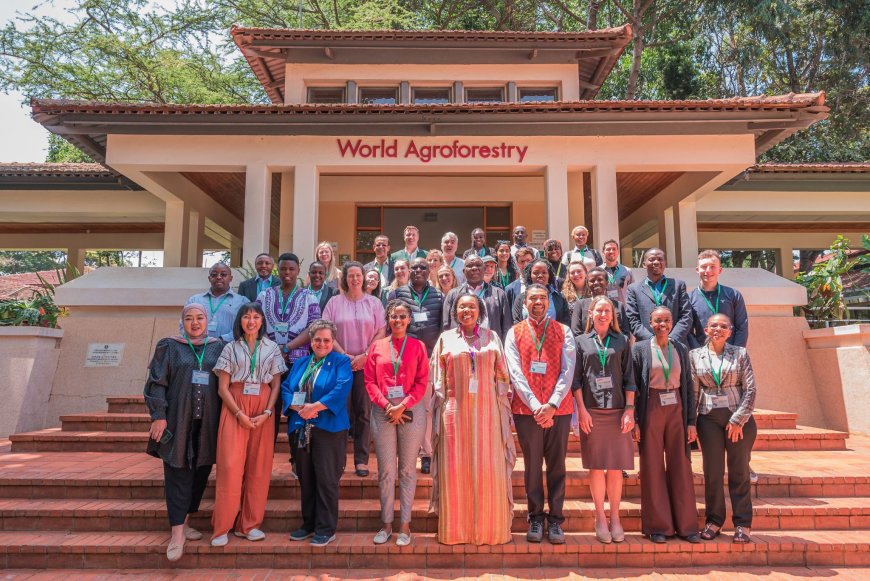
On February 3, 2025, CIFOR-ICRAF and Clim-Eat co-hosted a vital roundtable titled "Green Nitrogen and Soil Health." This event convened various participants, including policymakers, researchers, private sector leaders, and civil society representatives. The goal was to investigate innovative policies, advanced technologies, and strategic investments that could transform sustainable fertilizer production and improve soil health in East Africa.
The Context
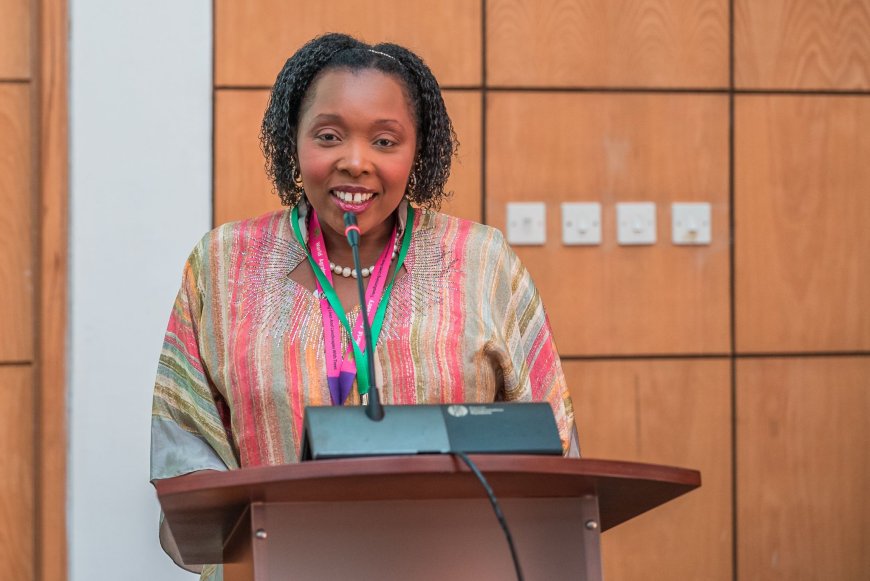 Eliane Ubalijoro, CIFOR-ICRAF CEO
Eliane Ubalijoro, CIFOR-ICRAF CEO
As the agricultural sector encounters unprecedented challenges due to climate change, soil degradation, and concerns about food security, the necessity for sustainable farming practices has become more urgent than ever. East Africa, home to a growing population reliant on agriculture, is especially vulnerable. This roundtable provided a crucial opportunity to tackle these pressing issues collaboratively.
Key Highlights from the Roundtable.
- Collaborative Approaches for Policy Advancement.
Eliane Ubalijoro, the CEO of CIFOR-ICRAF, initiated the discussions by highlighting the necessity of collaboration among diverse stakeholders. She remarked, "At CIFOR-ICRAF, we pledge to promote evidence-based policies and climate-smart agriculture, aiming to weave soil and land health management into actionable commitments." Ubalijoro emphasized the importance of incorporating various viewpoints and expertise in crafting effective agricultural policies.
2. Harnessing Green Technologies for Sustainable Futures.
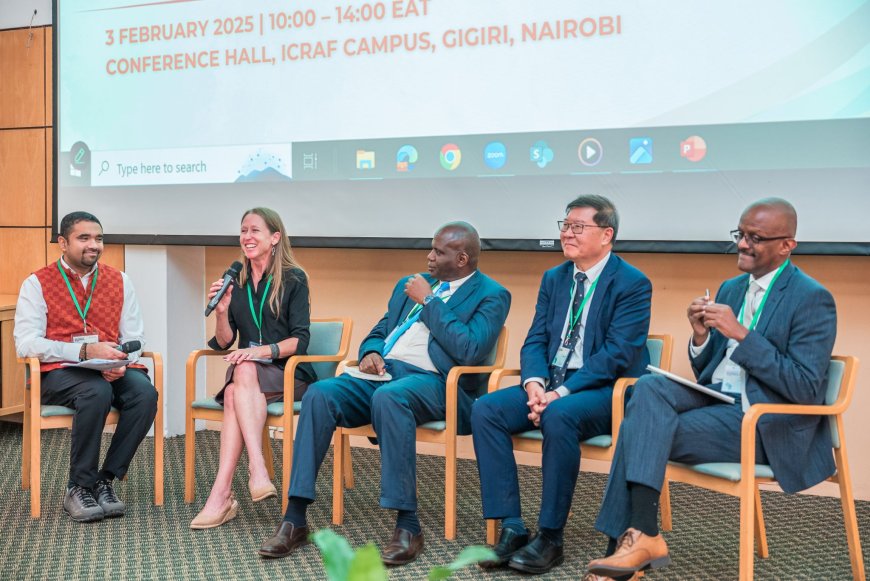
Jian Liu, Director of the Early Warning and Assessment Division at the UN Environment Programme, emphasized the transformative impact of green technologies on agriculture. He stated, "Africa is a land of hope, representing its future. The youth of today are key to that future." Liu's words struck a chord with the audience, underlining the importance of investing in sustainable practices now to ensure the continent's agricultural future.
3. Bridging Science and Policymaking.
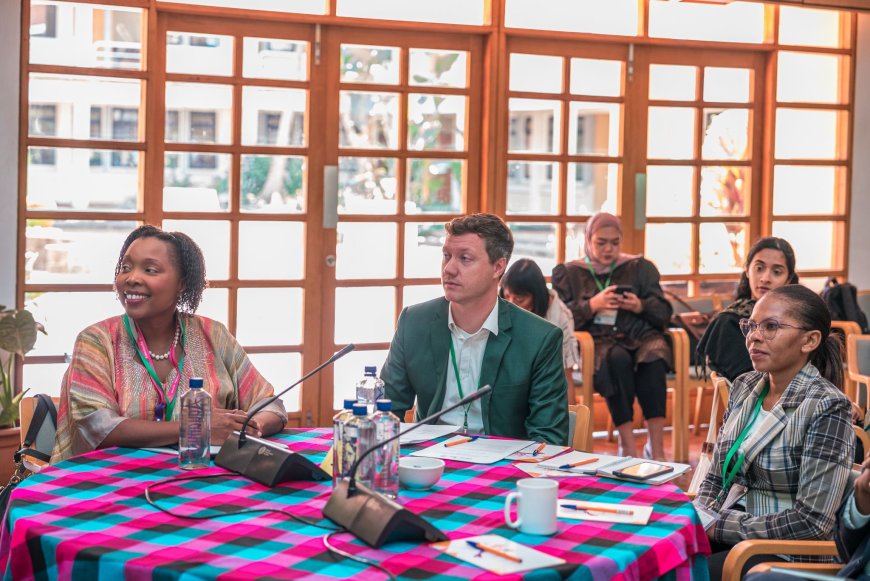
Leigh Winowiecki, the Soil and Land Health Global Research Lead at CIFOR-ICRAF, shared essential insights on the connection between science and policy. She introduced the Land Degradation Surveillance Framework (LDSF), utilized in more than 45 tropical countries. Winowiecki stated, "The Land Degradation Surveillance Framework enables us to provide evidence-based policies at the landscape level.” This framework is an essential resource for policymakers, supplying scientific data to guide sustainable land management practices.
Discussion Outcomes and Future Directions.
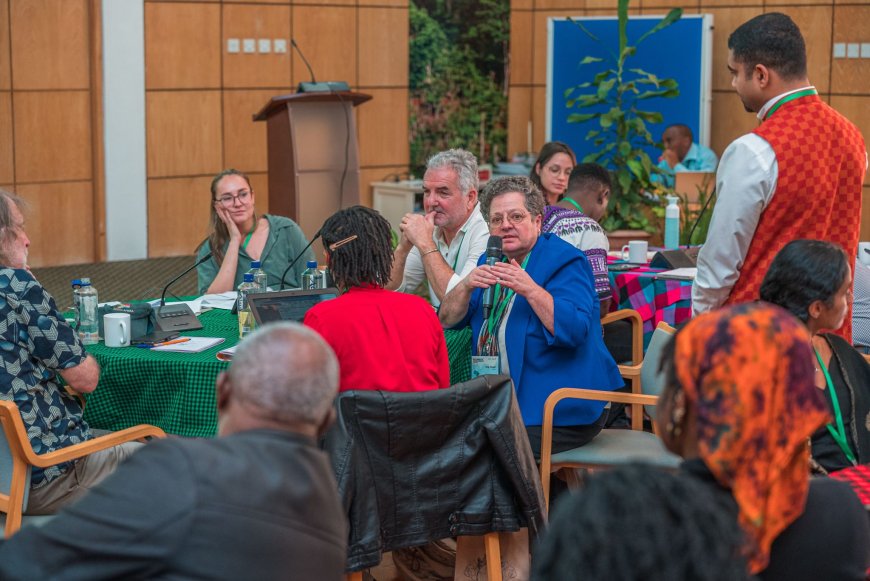
The roundtable encouraged a vibrant sharing of ideas and experiences, as participants explored innovative solutions to address the distinct challenges faced in East African agriculture. Key outcomes included:
Policy Recommendations: Suggestions were made to improve regional cooperation and blend traditional agricultural practices with modern techniques, highlighting the critical role of local context in executing these policies.
Technology and Investment: Participants emphasized the necessity of boosting investment in the research and development of green technologies to enhance sustainable fertilizer production and improve soil health. They pinpointed innovative methods like biofertilizers and precision agriculture as essential focus areas for development.
Youth Engagement: East Africa boasts a large youth population, and the discussions highlighted the need to involve young individuals in agriculture actively. By offering education and resources, we can unlock their potential to drive innovative changes in farming practices.
Conclusion
The roundtable on Green Nitrogen and Soil Health, jointly organized by CIFOR-ICRAF and Clim-Eat, represented a key advancement in tackling the urgent challenges confronting East African agriculture. By encouraging collaboration among diverse stakeholders, highlighting the importance of technology, and promoting evidence-based policies, the talks sought to establish a foundation for a sustainable agricultural future in the area.
As discussions progress after this event, the insights exchanged will probably shape future agricultural policies and practices, which is key in improving food security and soil health across East Africa. Collaboration between research institutions and policymakers could lead to innovative strategies that bolster the agricultural sector's resilience against continual environmental changes.
Image rights:CIFOR-ICRAF
 Kinyarwanda
Kinyarwanda
 English
English








































































